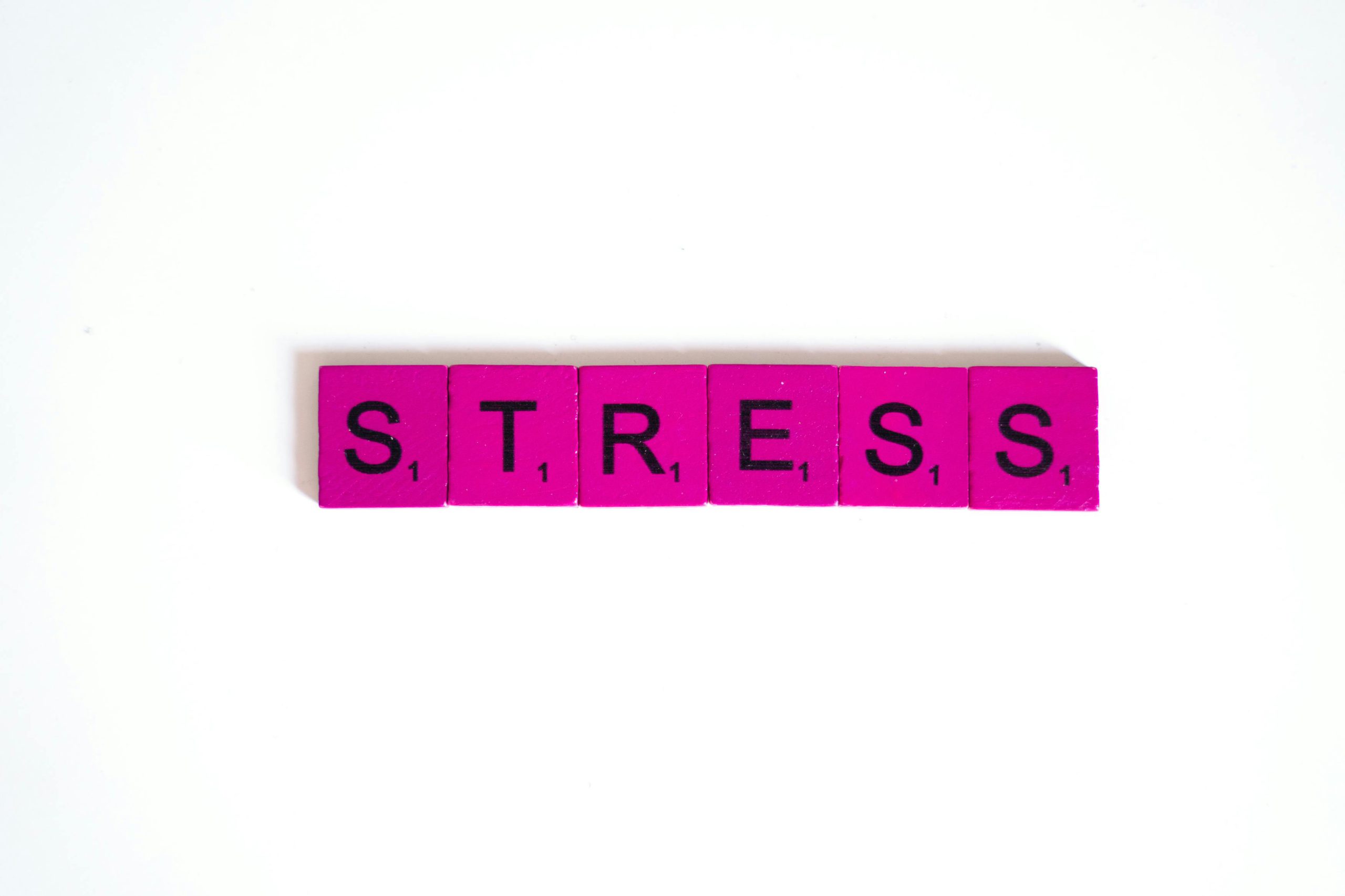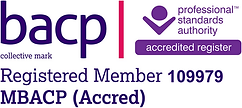Stress Awareness Month | April 1st – 30th
April is Stress Awareness Month, so let’s talk about stress. Not the obvious, head-in-hands, “I’m going to scream into a pillow” kind (although, of course, that’s stress too). I’m talking about the quieter, sneakier kind that creeps into your day, messes with your focus, and makes everything feel just that little bit harder than it needs to be.
Since it’s Stress Awareness Month, it’s the perfect time to check in with ourselves and get a bit more familiar with how stress actually shows up—because it doesn’t always wave a flag and announce itself. Sometimes it whispers. Sometimes it hides behind things that look like bad moods or poor sleep. But once you know what to look for, it becomes a lot easier to do something about it.
Here are 5 common symptoms of stress—and a few gentle ways to start managing them.
1. Irritability and Mood Swings
You know those days when every little thing gets on your nerves? The traffic, the email tone, the sound of someone chewing near you? That short fuse might not be about what’s happening—it might be a sign that you’re running on empty.
Try this: Take a pause before reacting. A few slow, deep breaths can calm your nervous system and help you respond instead of react. And be kind to yourself—it’s okay to have an off day.
2. Struggling to Focus
Can’t remember what you walked into the room for? Keep rereading the same email over and over? When your brain is in stress mode, it’s like having 37 tabs open in your mind and no idea where the music is coming from.
Try this: Step away from the screen. Go for a quick walk, stretch, or even stare out the window for a few minutes. Giving your brain a breather actually improves focus and productivity.
3. Sleep Gone Weird
Too wired to sleep? Or crashing the moment you sit down? Stress messes with your sleep cycle—either making it hard to switch off, or leaving you feeling drained no matter how much you sleep.
Try this: Ditch the scroll before bed and swap it for something that tells your body “we’re safe now.” A warm drink, a book, or some slow breathing can really help settle your system.
4. Physical Aches and Tension
Tight shoulders? Sore jaw? Headaches that seem to come from nowhere? Stress isn’t just in your head—it lives in the body too. We carry a lot without realising it.
Try this: Do a quick body scan. Notice where you’re holding tension and consciously let it soften. Even rolling and intentionally lowering your shoulders or unclenching your jaw can make a difference.
5. Avoiding People or Things You Usually Enjoy
When stress builds up, it’s easy to start cancelling plans, zoning out, or withdrawing from things that usually bring us joy. It’s like your brain says, “Let’s just shut down a bit to cope.”
Try this: Choose one small thing that feels doable—maybe a short chat with a friend, a walk outside, or even a quick text to someone to say “Hi”. You don’t have to go full social butterfly, just take one gentle step toward connection.
So, what now?
If you read this and thought, yep, that’s me, you’re not alone. Most of us feel stressed at some point—and often, it’s not just “life being busy.” It’s life being too much without enough space to process it all. There doesn’t have to be something “wrong”, you’re simply human!
Therapy can really help. Whether you’re knee-deep in stress or just starting to feel its nudge, having a calm, confidential space to talk things through can make a world of difference. No judgment, no pressure—just support and practical tools to help you feel more like you again.
Final thought? Stress might be loud right now, but it doesn’t get to run the show. You can take back the reins—one small step at a time.
If you’re ready to chat or want to know more about how therapy might help, feel free to reach out. I’m here when you need me.
—
Book a session or get in touch:






